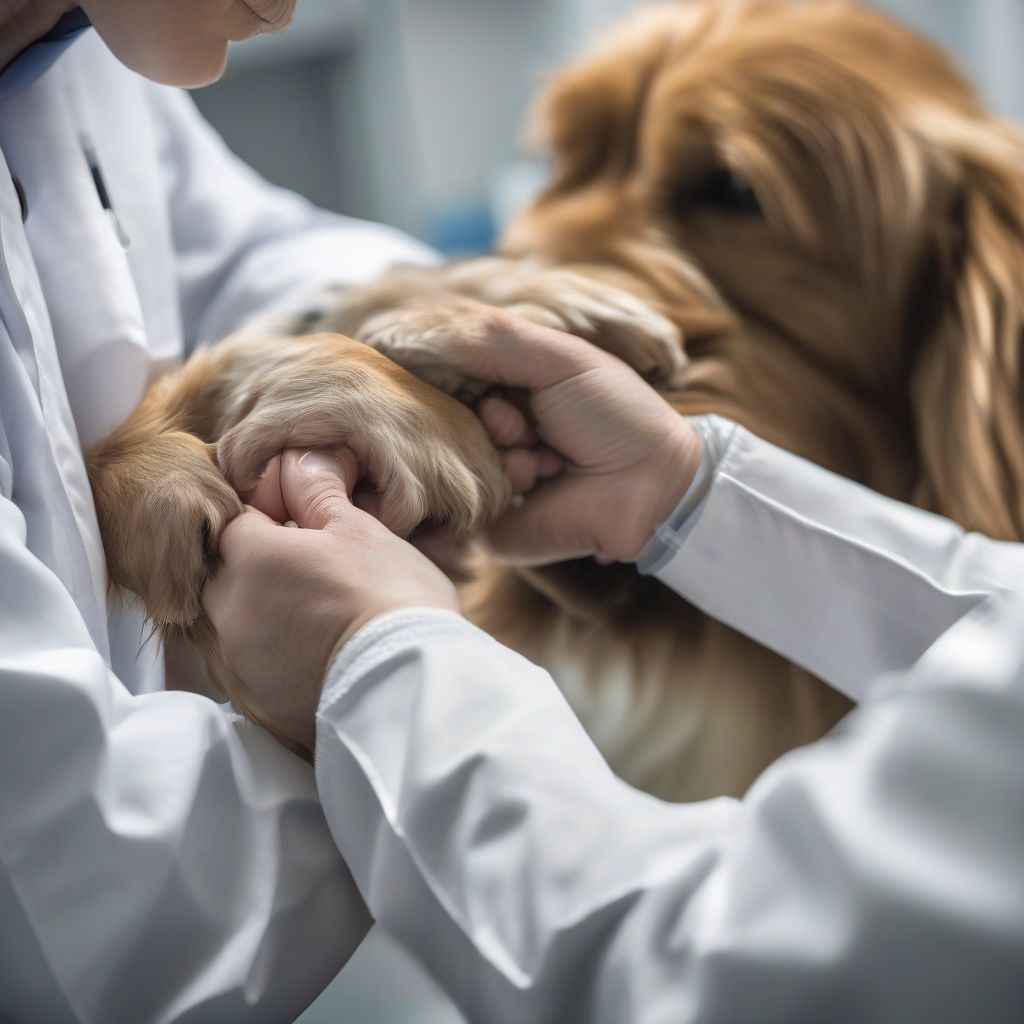Have you ever looked at your furry friend and thought they were carrying a little extra fluff? Just like humans, our pets can struggle with weight gain, and it can lead to a host of health problems. But don’t worry, preventing pet obesity is entirely possible with the right approach to feeding. Let’s explore how we can keep our beloved companions at a healthy weight and full of energy.
Understanding Pet Obesity
Before we dive into the how-to’s, let’s understand what constitutes obesity in pets. A pet is generally considered obese when they weigh 20% or more above their ideal body weight. This excess weight puts a strain on their joints, heart, and other vital organs, increasing the risk of conditions like diabetes, arthritis, and even certain types of cancer. Just like with humans, obesity isn’t just about aesthetics; it’s a serious health concern.
The Role of Proper Feeding in Preventing Obesity
Feeding your pet the right food, in the right amounts, is the cornerstone of obesity prevention. It’s not just about how much you feed them, but also what you feed them. Here’s where the real work begins:
Choosing the Right Food
- Read the Label: Don’t just grab the prettiest bag on the shelf. Scrutinize the ingredient list. Look for high-quality protein sources, whole grains (if appropriate for your pet’s dietary needs), and avoid fillers like corn syrup and excessive by-products. Just as a nutritionist would recommend whole foods for humans, prioritize whole-food ingredients for your pets.
- Consider Life Stage: A puppy requires different nutrition than a senior dog. Puppies need more calories for growth, while senior pets often require fewer calories and specific nutrients to support their aging bodies. Choose a food formulated for your pet’s specific life stage.
- Consult Your Veterinarian: Your vet is your best resource for determining the ideal diet for your pet. They can consider your pet’s breed, age, activity level, and any underlying health conditions to recommend the most suitable food. As renowned veterinarian Dr. Ernie Ward says, “Nutrition is the foundation of veterinary medicine.”
Portion Control is Key
Even the healthiest food can contribute to weight gain if portions are too large. Follow the feeding guidelines on the pet food packaging as a starting point, but remember to adjust based on your pet’s individual needs and activity levels.
- Measure Food: Don’t just eyeball it! Use a measuring cup to ensure you’re feeding the correct amount. This helps avoid overfeeding, which is a common culprit in pet obesity.
- Monitor Weight: Regularly weigh your pet and adjust their food portions accordingly. If you notice weight gain, reduce the amount of food slightly. If they’re losing weight, increase it gradually. Think of it like adjusting a recipe – you need to tweak it until it’s just right.
- Avoid Free Feeding: Leaving food out all day can lead to overeating. Scheduled mealtimes help you control your pet’s calorie intake and establish a healthy eating routine.
The Importance of Exercise
Diet and exercise go hand-in-hand. Just like humans, pets need regular physical activity to maintain a healthy weight and overall well-being. Engage your pet in activities they enjoy, whether it’s a walk in the park, a game of fetch, or even a lively play session indoors.
- Tailor Exercise to Your Pet: Consider your pet’s breed, age, and physical limitations when choosing activities. A senior dog might enjoy a gentle stroll, while a young, energetic breed might thrive on a vigorous run.
- Make it Fun: Exercise shouldn’t feel like a chore. Incorporate play and positive reinforcement to make it an enjoyable experience for both you and your pet.
Addressing Common Feeding Mistakes
- Table Scraps: While it’s tempting to share our food with our furry friends, table scraps are often high in calories and can disrupt a balanced diet. Resist those puppy-dog eyes and stick to their designated pet food.
- Too Many Treats: Treats should be given sparingly and factored into your pet’s daily calorie intake. Opt for healthy, low-calorie treats or even use small pieces of their regular kibble as a reward.
- Ignoring Changes in Appetite or Weight: Sudden changes in your pet’s eating habits or weight can be a sign of underlying health problems. Consult your veterinarian if you notice anything unusual.
Recognizing a Healthy Weight
A simple way to assess your pet’s weight is the body condition score (BCS). This system uses a scale, typically from 1 to 9, with 1 being emaciated and 9 being obese. A healthy weight is usually a BCS of 4 or 5, where you can feel the ribs easily but they are not visible. Your veterinarian can demonstrate how to perform a BCS check and help you determine your pet’s ideal weight range.
Conclusion
Preventing pet obesity is a journey that requires commitment and attention to detail, but the rewards are immeasurable. By focusing on proper feeding, portion control, and regular exercise, you can help your furry friend maintain a healthy weight and enjoy a longer, happier life. Remember, a healthy pet is a happy pet. Consult your veterinarian for personalized advice and guidance on creating the perfect feeding plan for your beloved companion. Share your experiences and tips for preventing pet obesity in the comments below! Let’s build a community of informed pet owners committed to their furry friends’ well-being.
 Preventing-Obesity-in-Pets
Preventing-Obesity-in-Pets



